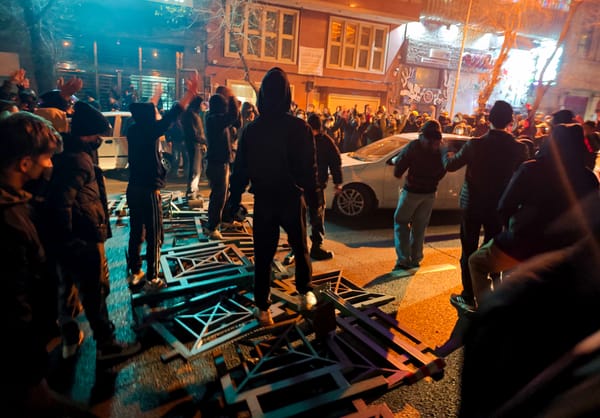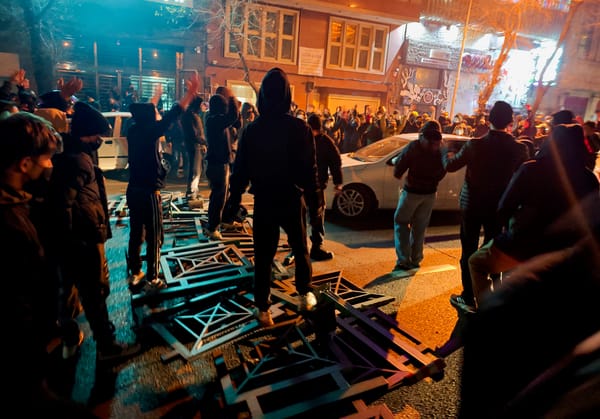Urgent Need for Humanitarian Corridor in Yemen
The humanitarian emergency in Yemen continues to worsen. In Aden, the southern port city where local fighters are trying to fend off a Houthi takeover, several neighborhoods have no water or power. Hospitals are begging for basics like antibiotics and bandages. There is no sign of a pause in the co







